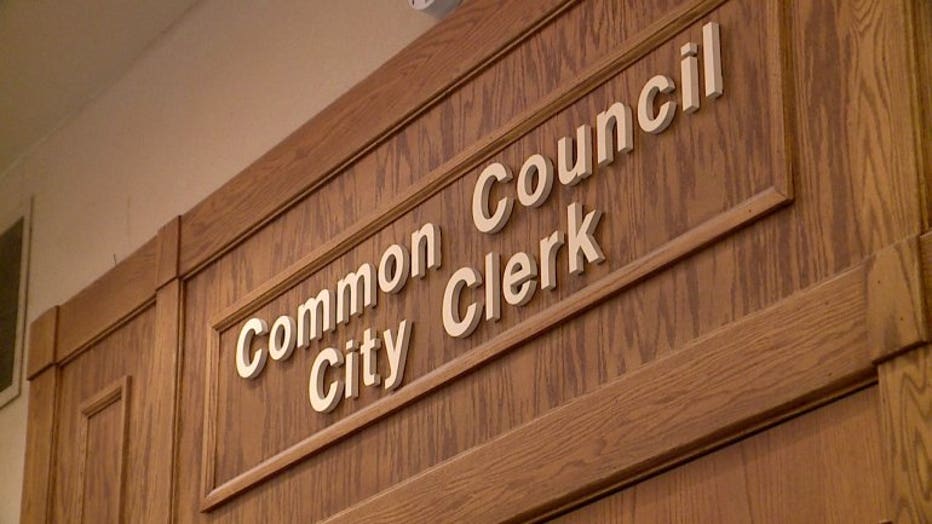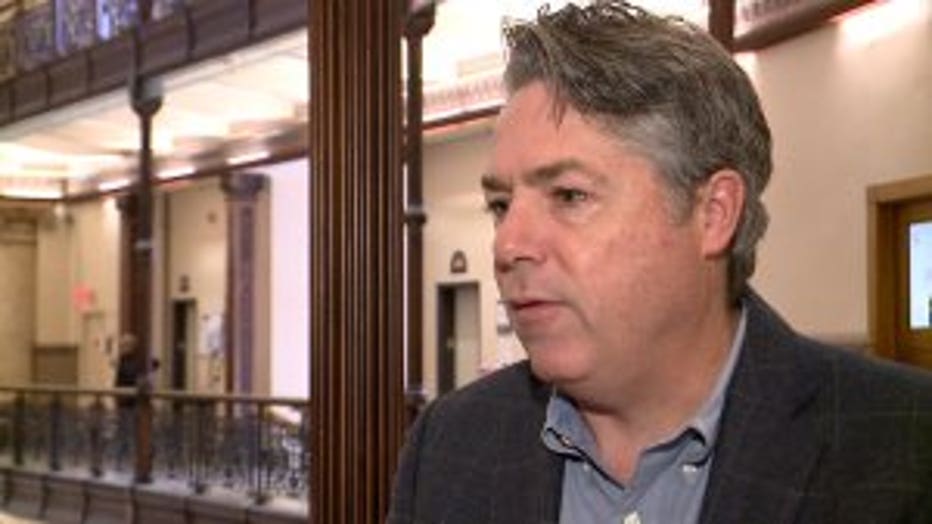Alderwoman proposes giving $500/month to 50 low-income families: 'Reinvest in our people'
MILWAUKEE -- A proposal by a Milwaukee alderwoman would give families in need hundreds of dollars a month to spend as they wish. But the proposal is being met with resistance -- as the money would be pulled from the police department.

Alderwoman Chantia Lewis
It was a bold request made by Alderwoman Chantia Lewis at City Hall on Thursday, Oct. 31.
"Do something that would create a program and actually help the community a lot more tangible than what we've seen in the past," Lewis said during the Thursday meeting.
Lewis is proposing a new seed pilot program that would provide $500 monthly basic income stipends.
"It's time we reinvest in our people," Lewis said.

Milwaukee City Hall
Over the course of 18 months, the budget amendment would help 50 low-income families or those in certain ZIP codes living at the poverty line.
"The point of it is not to be a handout, but a help up. We are really trying to target the families that need a little more boost -- and they can be elevated to a different income bracket," Lewis said.

The money would come with no restrictions.
"The data has proven that with a little extra help. People have been paying their rent. People have been paying utilities. People have been paying for food and really self-sustaining items," Lewis said.

Alderman Michael Murphy
In a 3-2 vote, the recommendation was approved. One of the skeptics was Alderman Michael Murphy.
"It is a lot of money," Murphy said.
The money would be coming from the police department. The program would be funded with $100,000 that was set for computer replacement.
"We have a very tight budget this year. In fact, we are eliminating 60 police officer positions and cutting other essential positions as proposed in the mayor's budget," Murphy said. "I would rather see that money be spent on other areas that could leverage other services."
Murphy believes the experiment should be paid for by the private sector -- and not taxpayers.
As part of the program, Lewis said the receiving families will be provided with financial literacy and resources to help them be successful in the long run. Lewis said this model has been used in several other cities where it is shown to be effective.

